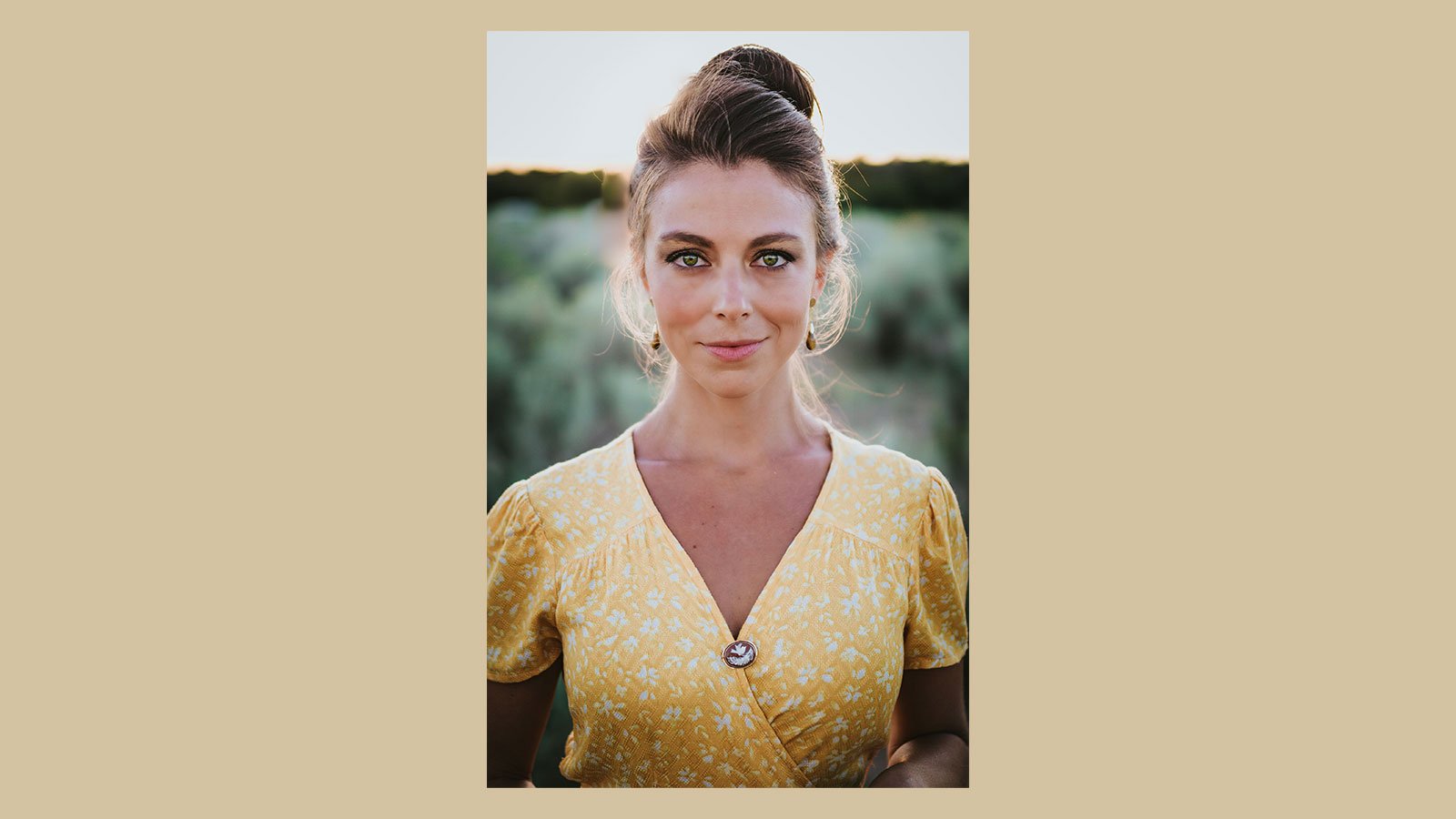Corinne Winters started out as a mezzo, success on the opera stage came when she switched to soprano. A conversation about Janáček's 'Káťa Kabanová', her special vocal technique and the female roles that excite her. It has taken US soprano Corinne Winters from Maryland exactly ten years to make her triumphal march onto the opera world stages: in 2013, she appeared for the first time as Violetta in Giuseppe Verdi's La Traviata at the English National Opera in London; in the meantime, she has sung in Vienna and Salzburg, in Rome and Madrid, in Geneva and Lyon, in Seattle and Sydney. She has just been seen as Cio-Cio-San in the revival of Puccini's Madame Butterfly in Frankfurt, where she made her debut in 2021 as Iolanta in Pyotr Tchaikovsky's opera of the same name. Nowhere can one escape her stage presence: a ‘femme fragile’ with the expressiveness of a heroine.
